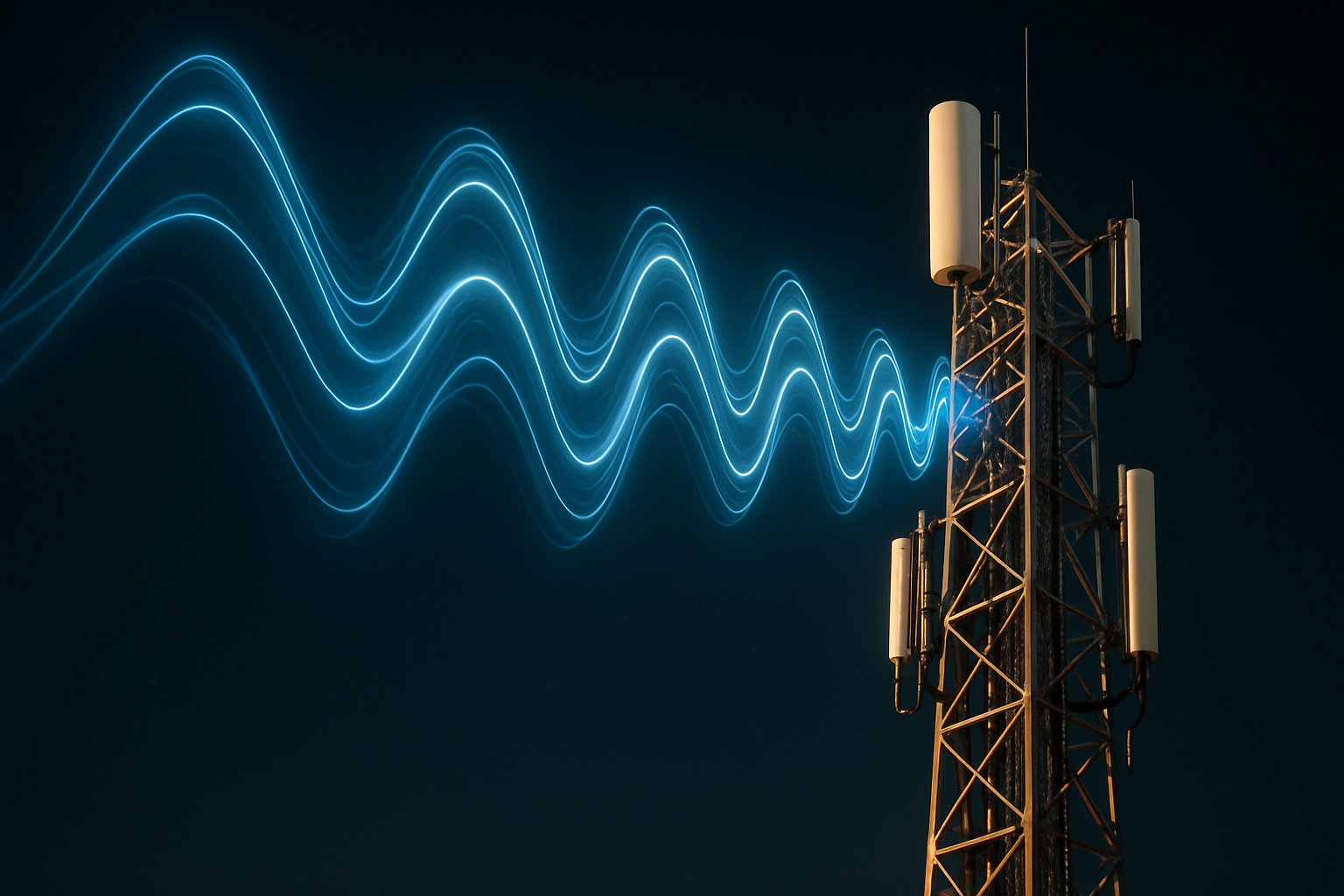Harnessing IoT for Smart Property Management
The Internet of Things (IoT) is revolutionizing property management, offering unprecedented control and efficiency for real estate professionals. With connected devices and data-driven insights, property managers can now optimize operations, reduce costs, and enhance tenant satisfaction like never before. This article explores the transformative impact of IoT on the real estate industry and how it's reshaping the future of property management.

IoT in property management refers to a network of connected devices that collect and exchange data. These devices range from smart thermostats and water sensors to occupancy detectors and energy meters. By leveraging this interconnected ecosystem, property managers can gain real-time insights into their buildings’ performance, automate routine tasks, and make data-driven decisions.
Real-Time Monitoring and Predictive Maintenance
One of the most significant advantages of IoT in property management is the ability to monitor building systems in real-time. Smart sensors can detect issues before they escalate into major problems, allowing for predictive maintenance rather than reactive repairs. For example, water leak sensors can alert managers to potential plumbing issues, while HVAC monitoring systems can identify inefficiencies or malfunctions before they lead to tenant discomfort or energy waste.
This proactive approach not only reduces repair costs but also minimizes disruptions to tenants. Moreover, by addressing issues early, property managers can extend the lifespan of building systems and appliances, ultimately improving the property’s overall value and reducing long-term capital expenditures.
Energy Efficiency and Cost Savings
IoT devices play a crucial role in optimizing energy consumption within properties. Smart thermostats can automatically adjust temperatures based on occupancy patterns, while intelligent lighting systems can dim or turn off lights in unoccupied areas. These automated energy-saving measures not only reduce utility costs but also contribute to a property’s sustainability profile – an increasingly important factor for environmentally conscious tenants and investors.
Energy management platforms can aggregate data from various IoT devices to provide a comprehensive view of a property’s energy usage. This allows managers to identify areas of high consumption, implement targeted efficiency measures, and track the results of their interventions. In large commercial properties or multi-family residential complexes, these savings can translate into significant financial benefits.
Enhanced Tenant Experience and Satisfaction
IoT technology is not just about improving operations behind the scenes; it also has the potential to dramatically enhance the tenant experience. Smart access control systems can provide keyless entry and improved security, while connected appliances can offer convenience and personalization. For instance, smart lockers can facilitate package deliveries, and mobile apps can allow tenants to report issues or make maintenance requests with ease.
Moreover, IoT-enabled buildings can offer tenants greater control over their living or working environments. From adjusting room temperatures via smartphone apps to receiving real-time updates on amenity availability, these features contribute to a more comfortable and responsive living or working space. This enhanced user experience can lead to higher tenant satisfaction, reduced turnover rates, and potentially higher rental values.
Data-Driven Decision Making
Perhaps the most transformative aspect of IoT in property management is the wealth of data it generates. By collecting and analyzing information from various sensors and devices, property managers can gain unprecedented insights into building performance, tenant behavior, and market trends. This data-driven approach enables more informed decision-making across various aspects of property management.
For example, occupancy data can help optimize space utilization in commercial properties, while usage patterns of amenities can inform future investment decisions in residential complexes. Predictive analytics can forecast maintenance needs, allowing for more accurate budgeting and resource allocation. Furthermore, this data can provide valuable insights for property valuation and investment strategies, potentially influencing broader real estate market dynamics.
Challenges and Considerations
While the benefits of IoT in property management are substantial, there are challenges to consider. Initial implementation costs can be significant, particularly for older buildings that may require extensive retrofitting. There’s also the ongoing need for system maintenance and updates to ensure optimal performance and security.
Data privacy and security are paramount concerns, as IoT systems collect sensitive information about buildings and their occupants. Property managers must implement robust cybersecurity measures and comply with data protection regulations to maintain trust and protect against potential breaches.
Additionally, the rapid pace of technological advancement means that IoT systems may become obsolete quickly. Property managers need to stay informed about emerging technologies and be prepared to upgrade systems to maintain their competitive edge.
The Future of IoT in Real Estate
As IoT technology continues to evolve, its applications in property management are likely to expand. We can expect to see more sophisticated AI-driven systems that can not only monitor and react but also predict and optimize building performance autonomously. The integration of IoT with other emerging technologies like augmented reality and robotics could further transform property management practices.
The adoption of IoT in property management is not just a trend but a fundamental shift in how buildings are operated and managed. As the technology becomes more accessible and cost-effective, we can expect to see wider adoption across different property types and markets. This shift will likely redefine the skills required for property management professionals, emphasizing data analysis and technology management alongside traditional real estate expertise.
In conclusion, IoT is set to play an increasingly pivotal role in the future of property management. By embracing these technologies, property managers can create smarter, more efficient, and more responsive buildings that benefit both owners and occupants. As the real estate industry continues to evolve, those who successfully harness the power of IoT will be well-positioned to lead in an increasingly competitive and technology-driven market.






